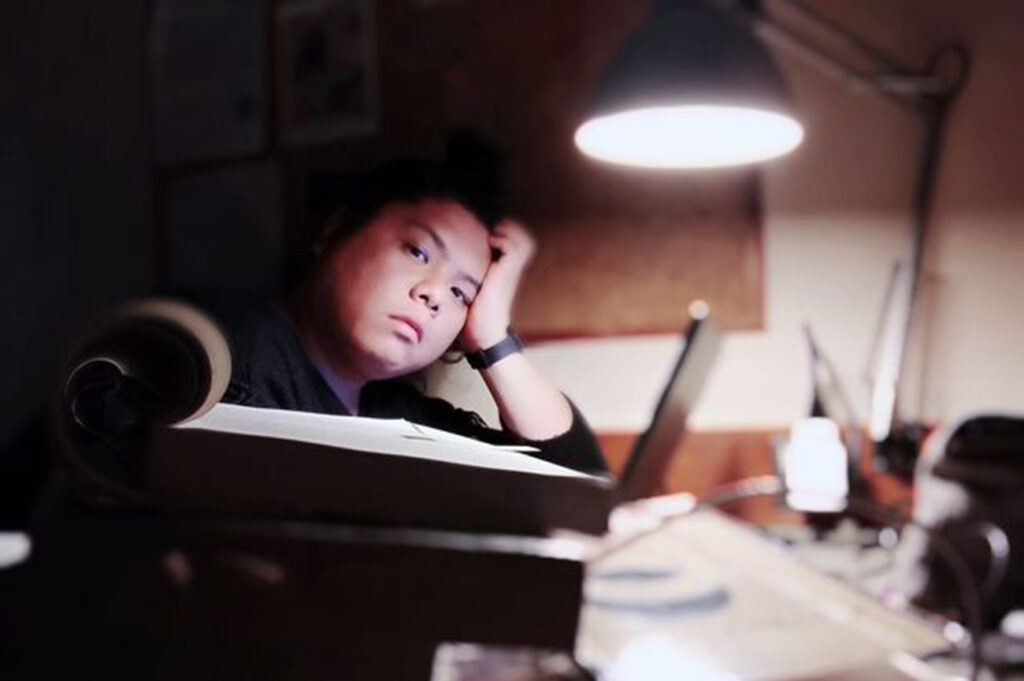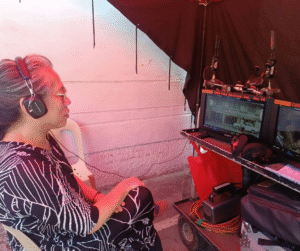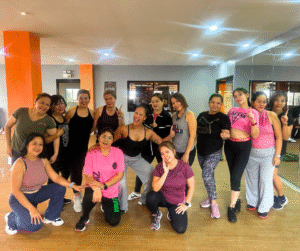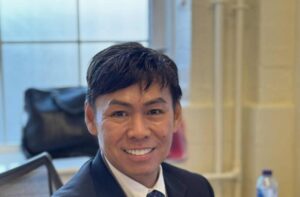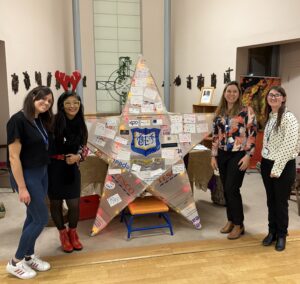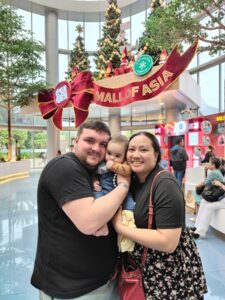By Rogelio Braga
It was from the dead body of my neighbour sometime in December 2016 that I was able to read that my country was undergoing a violent transition, paving the way for the return to power of the Marcoses. Blood was splattered on the same asphalt road that I used to tread every day, going to the market to buy my provisions, or walking to get my bus from the main road. The remains of what was once life were covered with blankets. His fingers were cold and stiff, like roots of ginger protruding oddly from the cover, as if trying to remind the neighbourhood of how to read his death: We are at war, I am the enemy. You could be collateral damage, anytime, soon. Take heed. It was at this moment that I realised that the popular, massive, nationwide project of creating and recreating a monolithic Filipino civic nationalist identity formation was moving closer and closer to my own body.
Rodrigo Duterte and his supporters were into their sixth month in power – although the killings had started a month before the election. It was a spectacle of blood, and gore, and civic and ethnic pride. The archipelago (and even Filipinos living in diaspora) was convinced that dead bodies were an essential cultural marker in creating a strong civic, nationalist identity called ‘Filipino’ – a real Filipino Philippine nation.
Outsiders looking at this national carnage failed to grasp that the project was a systematic process of dehumanisation. Before Duterte came to power, a Filipino body was a citizen: with rights protected by civic and democratic institutions, with inherent freedom to chart its own destiny, and with the capacity to imagine a civic society and participate freely in conversations on how to achieve it. The process of changing that started with dismantling whichever civic and democratic institutions stood to protect human rights. A Filipino body was to become just a vessel – without rights, empty, without dignity, weightless. Local human rights groups believe that between 12,000 and 30,000 bodies have been killed in Duterte’s ‘War on Drugs’. These bodies were stripped of their human rights, empty vessels occupying an already constricting space; they were unmournable bodies because they were not, the public was convinced, the bodies of ‘Filipinos’.
~
It was also through bodies that I realised I was being slowly subjected to the same process. In 2015, the small body of a young woman was introduced to me by the production team of my play Mas Mabigat ang Liwanag sa Kalungkutan (Light Falls Heavier in Sorrow). I was told that Lady Ann was a journalist. She was there to write a review of the technical dress rehearsal, because the news had already reached the public that the premier would be cancelled (I had refused to yield to demands that I remove parts of the play critical to the Marcoses and the violence of the martial law years. In the Philippines, historical revisionism, even if revision to the truth, is considered a fascist language). The shows were cancelled; the review was published. Half a decade later, in London, I received the news that Duterte’s policemen raided Lady Ann’s house and arrested her. Her crime: she was a journalist.
In 2014, we were trying to hide the body of a bashful young actor from the production photos, from selfies and groupies of the members of our touring company in Mindanao, because she had not asked permission from her parents to perform in my plays in the southern conflict areas. Then, in 2021, I saw her talking on national television about the need to protect the indigenous peoples, the farmers, the urban poor; of armed struggle, of the revolution that could free the Filipinos from the bondage of this political standoff between the masa and the ruling elites. She had graduated from university and become a teacher. She had then become a member of the New People’s Army. The interview was taken hours after the soldiers had raided her community, and she had become of prisoner of war. When I saw her speak in 2021, I was relieved to find out that she had not already ended up another empty vessel; in 2018, Duterte had ordered, in front of a jeering crowd, that captured female members of the New People’s Army be killed by being shot in the vagina.
In 2017, it was our trans, gay, and non-binary bodies that were subjected to violent online and offline harassment. It was around the production of my play Ang Mga Maharlika (The Aristocrats) – about the sex life of Ferdinand Marcos, the father of the current president – that photos of trans and non-binary actors were circulated on Facebook as objects of mockery and violence. The tour had to be halted because of the safeguarding issues that resulted.
In a fascist regime, the body of a former citizen is not just a site of violence: it is also a text where language is created to legitimise the power structure that sustains the status quo. The body, dead or alive, is propaganda material. To counternarrate using the same body is an act of resistance; theatre’s role, here, is to disrupt the process.
~
I am living, breathing, and writing in another country, without a visa or a passport. Like all migrant bodies occupying space in the United Kingdom, the Filipino migrant body is subjected to the hostile environment. Always remember that the Filipino migrant body in front of you has already been subjected to another form of violence back home: the country’s 48-year-old labour export policy and remittance culture, which have sent millions of migrant Filipino workers into precarious labour and modern-day slavery, are legacies of the former dictator Marcos.
In 2020, early in the Covid-19 pandemic, I was working for a charity providing services to Filipino migrants in London. Lockdown revealed the horrifying realities of the lives of migrants in the UK: undocumented migrants, who had no recourse to public funds, were thrown into poverty, unable to access medical services, while Filipino nurses were dying in British hospitals. At the height of the pandemic, the charity was counting the dead bodies of Filipinos who had died from the virus. We reached out to the community here in the UK, and to families back in the Philippines. Funds were raised to help those migrants who were unable to work and feed themselves.
The counting of dead black and brown migrant bodies was part of the of the process of nation-building. Migrant bodies in the UK have become a cultural marker, continuously legitimising a monolithic British civic nationalist identity formation that has the tendency to refuse negotiation. I wonder: how many black and brown migrant bodies do you still need to reinforce a British civic nationalist identity?
~
We were in a quaint coffee shop near Dalston Junction and our cups were already cold. ‘What is the language of the hostile environment?’ my director asked me last October. I was presenting to her a concept paper for our theatrical counter-response to the Royal Court Theatre’s handling of the piece I presented to them four months earlier.
They had removed three essential units in an already-shortened piece: migrant deaths in the English Channel, the intersections of the killings in the Philippines and the hostile environment, and a jab at the British establishment that poked fun at the monarchy. I rejected the Theatre’s explanation inside the rehearsal room that it was about timing, and the white theatre-makers who supported the cut and argued on Twitter that my theatre was not ‘European’ enough for a British stage. I realised that I had inhabited a space I was not supposed to occupy; that my brown migrant body was only allowed to be a spectator, observing from a distance; that the language of the hostile environment was there in British theatres, and my mere presence in one was already an attempt to disrupt the process.
The Royal Court Theatre had eventually sat down and talked with us, offering us space for a theatrical response as a way to amend the mistake. In the café in Dalston, me and my director were trying to figure out how to give shape to this endeavour: to create a specific theatrical language as a counter-language to the hostile environment. Borderlands. This was how I started to explain to her the trajectory of our project: begin from the landscape, the concrete geography of hostility against migrants in this country. Border violence in the UK was extending to civic spaces, even to our private lives and relationships, in our everyday language. Ordinary British citizens were made to perform as immigration police without their permission: bank tellers, university admission officers, landlords, and even theatre producers were asking for your visa, your passport. Undocumented migrants were being forced to mouth a language that was so sinister even to their own value as a human being that the only way their lives could be documented was if they asked for ‘amnesty’ from the British Government. ‘Amnesty’ is only given to people who commit offenses to the dominant power structure. Migration is not a political offense.
The crux of the matter here is this: the closer a citizen is to a British institution, the higher the propensity to participate in the construction of the language of the hostile environment. Brown and black migrant bodies are reduced to an object for national conversations – about the political situation, about party politics, about the traditional liberal values they hold dear as a nation of several nations, of being ‘European’, tolerant, and democratic.
If the language of the hostile environment – like the usual nature of civic nationalist identity formation – thrives from the ground to the top, the counter-language must then be developed from the ground, from the community of the most vulnerable migrants, while negotiating with institutions. ‘Negotiation’ here is the keyword. Negotiation is only possible if the power structure is evenly distributed. A bargain from both parties is a necessity.
Creating a theatrical counter-language to the hostile environment should go beyond a revelation of the existing process through textual reproduction on stage; it is also a set of demands, a clear position against border violence, and an attempt to recapture the reading and consumption of various meanings that could be derived from brown and black migrant bodies occupying a space in the British imagination of a nation. It is a textual performance premised on resistance.
At least, to my relief as playwright and a writer, they do not eliminate you through extrajudicial killings in this country.
After almost three hours of conversation, I could still sense from my director’s face the looming question: what if the ‘British’ or ‘European’ theatre, being the dominant culture and the powerful entity, refuse the idea – refuse to negotiate? Of course, this was always a grim possibility in a struggle to thrive in a country so obsessed with nationalist identity formations, civic or otherwise. Of course, I was always ready to answer her: this is also the best situation where real theatre can begin.
Editor’s Note: This piece was originally published in PEN Transmissions, English PEN’s magazine for international and translated voices.
About the author:
Rogelio Braga is an exiled playwright, novelist, essayist, publisher, and human rights activist from the Philippines. Their works were read and performed at the Cultural Center of the Philippines in Manila, Mercury Theatre in Colchester, National Theatre Studio, and Soho Theatre. Miss Philippines (New Earth Theatre) is their first play written entirely in the English language was recently awarded by the Writers’ Guild of Great Britain in their inaugural New Play Commission Scheme. Their book of stories Is There Rush Hour In A Third World Country? (translated by Kristine Ong Muslim from Filipino for the The87Press) was released last December. Braga currently lives and writes in London as a refugee under the Convention.

